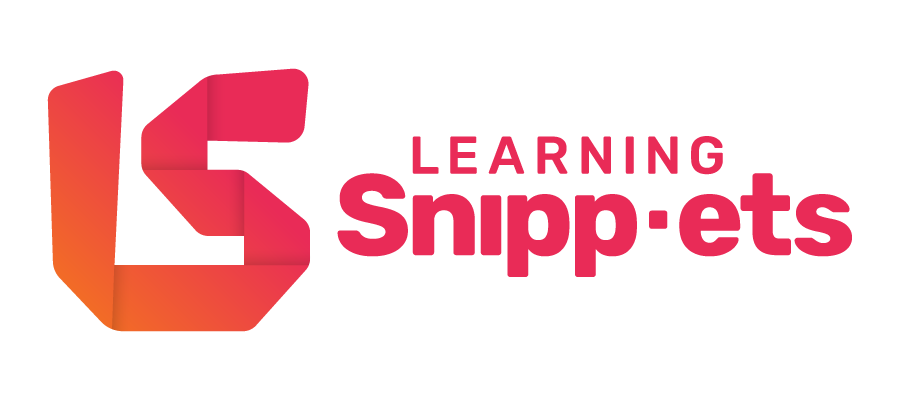THE SHORT ANSWER: Indigenous organizations do it better!
Indigenous knowledge has been suppressed, stolen, and misrepresented throughout colonial history. Indigenous communities have done the hard work of keeping their cultures and traditions alive, and they are the rightful custodians of this information. Elders, Knowledge Keepers, and Teachers have the authority to share stories and wisdom.
Reconciliation is a relational process that takes time and dedication. Receiving training from an Indigenous person or organization creates opportunities for relationship-building and cultural exchange that may last beyond the course.
There’s no universal Indigenous culture. It’s important to seek training that’s specific to the places your organization operates and that can speak to the historical and cultural context and issues affecting Indigenous communities today.

Sign up for our weekly roundup of the latest on DEI, leadership, collaboration, and learning science.
© 2024 Learning Snippets. All rights reserved.